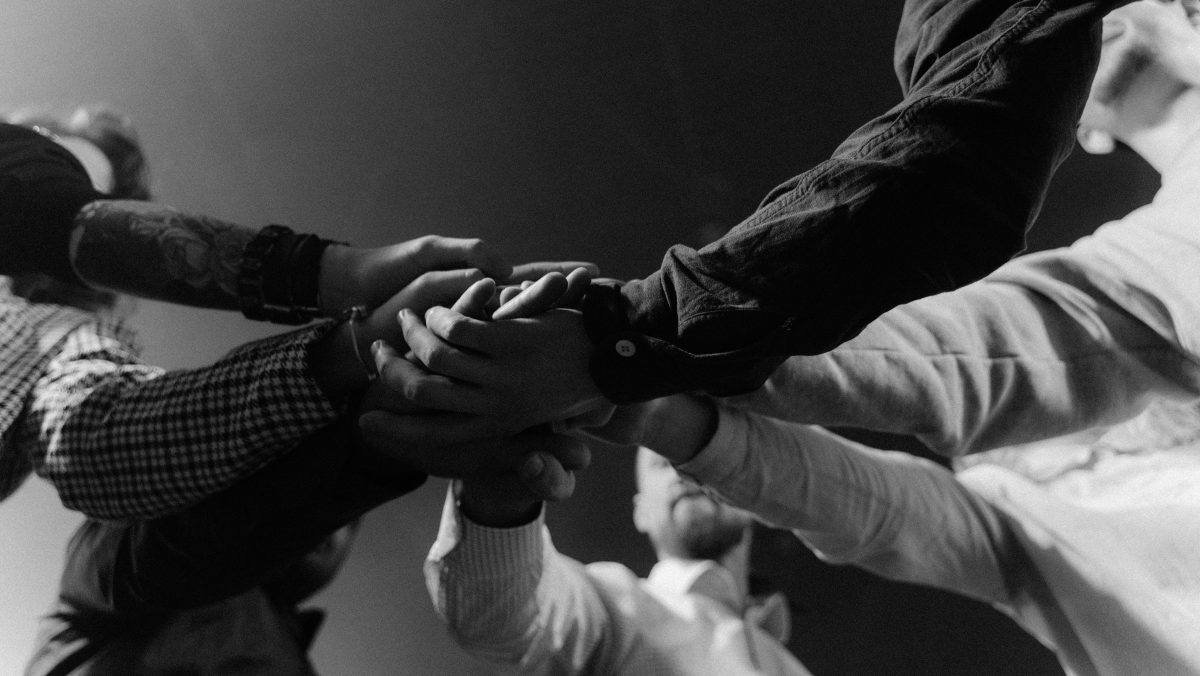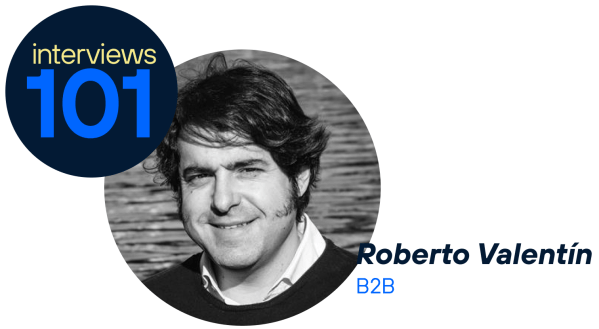What is non-negotiable in your work teams? One of the answers that caught my attention the most was ‘People who don’t act with kindness’ and thinking about it, I asked myself a question: How does kindness impact project management?
In my day-to-day work as a delivery manager, one of my main responsibilities is not only to ensure that deliveries are on time and of high quality, but also to build solid, agile, motivated teams that are aligned with the business purpose.
In project management, and especially in the digital world or the world of digital products, where the world evolves by the hour, we have always tended to measure success in terms of the famous deliverables that have to be met on time and with outstanding operational efficiency. In my view, there is a factor called kindness that we don’t always consider and that can make all the difference to the quality of the results.
It is always good to clarify that having a kindness approach does not mean being soft in project management decisions… but being aware that people are the heart of any project.
How does kindness translate into team management?
It’s not just about being friendly or saying ‘good morning’ with a smile (although that helps from my point of view). Kindness in a team manifests itself in concrete actions and that is why for me the important thing is:
It is not just about listening, but about understanding the individual and collective needs of the team, a delivery manager who knows his team not only on a professional level, but also on a personal level, manages to identify signs of burnout, frustration or demotivation before they become major problems.
Kindness does not mean avoiding difficult conversations, but addressing them with respect and a focus on growth. Feedback is not just about pointing out what is missing, but also recognising what works.
Knowing when a team is overloaded and acting in time to ensure that this is not a problem is an act of kindness. It is not all about meeting deadlines at any cost.
It’s not just the big milestones that count; constant recognition builds motivated teams. Small advances also count. A team that feels recognised maintains high levels of motivation and energy.
A team that feels psychologically secure is a team that dares to innovate, collaborates better and assumes responsibility for its tasks with greater commitment. And that’s where the Delivery Manager can make a difference.
One of the biggest challenges for a delivery manager is being responsible for multiple projects in parallel and it is often necessary to delegate the management of one of the key initiatives or dependencies. Personally, instead of doing it with suspicion or with the feeling that I could lose control, I decide to act with confidence and generosity.
I have always genuinely trusted the person to whom I delegate the dependency, instead of micromanaging or asking for constant reports, I give them real autonomy to lead the track that is being managed.
Sharing valuable information without reservation and not withholding documents and contacts is another strategy I like to use. I don’t need to have that information to ‘maintain control’; that information is necessary for the person to be able to move forward without depending on me.
Offering support without interfering. For me it is very important that my team knows that I am available if they need my guidance, but without intervening unless they ask me to. This is sometimes difficult, but it is necessary.
Publicly recognising the role of each team member is essential. When there is progress and achievements, it is key to highlight the work, ensuring that they receive all the recognition for their efforts.
Something that many people find difficult because they are afraid of missing something, is to accept that it is not necessary to know everything in real time. Instead of wanting to be involved in every detail or in every meeting, trusting that I will receive the key information when it is relevant.
In a world where success is often measured in KPIs and metrics, kindness can seem like an intangible factor. However, its impact is reflected in talent retention, in the reduction of internal conflicts, in the efficiency of teamwork and, of course, in the quality of deliverables.
As Delivery Managers, we have the opportunity to transform the way teams work. Betting on kindness is not a sentimental option, it is an effective leadership strategy which, when applied correctly, translates into more committed teams and more successful projects.
Kindness is not weakness. On the contrary, in a world where working relationships sometimes become cold and mechanical, it is a competitive advantage.












